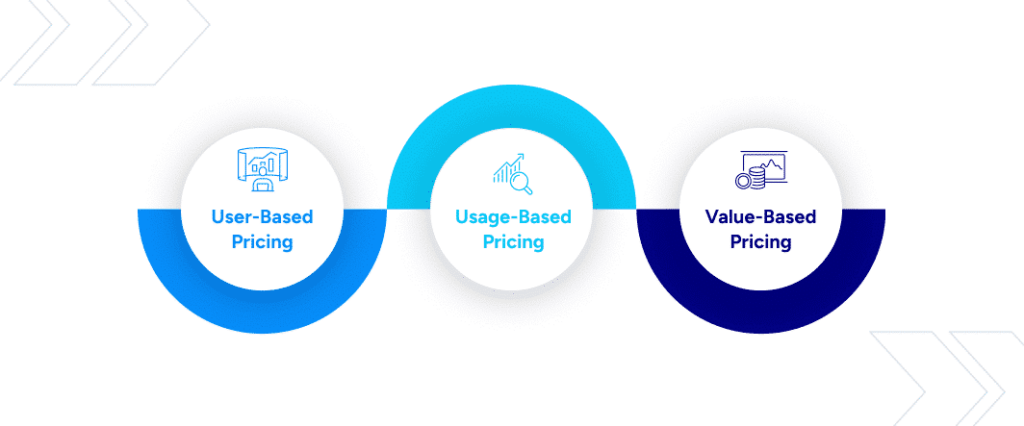Outsourcing Software Development: Evaluating Pros & Cons for M&A

Deciding to outsource software development is a strategic decision for software companies. Whether you choose to outsource or not, there are different implications to consider when going through an M&A process.
Advantages of Outsourcing Software Development
- Higher profitability and lower cash outflows – Outsourced labor may be a cheaper option due to the low cost of labor. You can reinvest these savings to drive topline growth or increase your company’s bottom line.
- Increased operational efficiency – Production time can be reduced considerably more than if development is kept in-house due to around-the-clock development. This enables your company to keep up with today’s rapid pace of change and surpass competition in product development.
- Shifted focus – If you choose to outsource software development, you can focus on core in-house processes and projects. Additionally, you can easily scale up (or down) resources as needed, enabling you to allocate appropriate resources to the most critical projects.
Disadvantages of Outsourcing Software Development
- Dependency risk – By outsourcing, you risk dependency on a third party. Additionally, you may have less control than you would over in-house software developers simply because they are not on-premises. Ask yourself what happens if this company ceases to do business? How easy is it to replace them? How reliant are you on them?
- Lack of transparency – Depending on the company’s location, there may be a lack of transparency due to language or time zone differences. This point is often overlooked but is critical to keep in mind for immediate communication situations.
- Potential lag in identifying quality issues – To reduce quality risks, discuss and agree on expectations before contracting. Do not allow re-outsourcing or sub-outsourcing without your express approval of the secondary contractor.
Considerations for an M&A Process
If you chose to outsource development, it is important to consider these points to minimize risk during M&A due diligence.
Consider if your outsourced developer becomes non-existent. How easy is it to replace them? How costly is it to bring development in-house? Plan to mitigate any future outsourced company dependency problem. Buyers want to know that sellers have a leader with strong domain expertise to help if the third party becomes non-existent or the buyer needs to bring development in-house.
In addition, verify the employees of the contracted third party are truly classified as independent contractors. You do not want the surprise and added costs of paying benefits and payroll taxes if they are reclassified as your company’s employees. Understand that some buyers may want to include the outsourced development team in the terms of the deal, while others may not. For deals where the outsourced development team is included, there may be challenges converting these resources into your company’s employees if the third party spends time on projects for other companies.
Technology ownership is also critical. Eric Wechselblatt, Partner at Holland & Knight, notes: “The focus on the legal side is tracing IP ownership. A buyer wants to make sure that you own the IP you say you own and have an appropriate license for the IP you say you license. Employees already legally assign to the company almost everything they do for the company in the scope of employment, but buyers often like to see this documented in an agreement. More importantly, if you use consultants, whether they are individuals or entities, they don’t automatically assign something they created for the seller. It is very important that every consultant or independent contractor involved in creating IP sign an assignment of inventions agreement.”
Even if you choose not to outsource development, buyers need sellers to have proprietary information and assignment of invention agreements with all employees. Some prefer key employees to have non-competes and non-solicitation of customer agreements (learn more about Preparing for a Future M&A Transaction from a Legal Perspective here).
Takeaway on Outsourcing Software Development
Whether you choose to outsource development or not, consider potential risks that may arise during due diligence. Be sure to monitor vendor status, identify backup providers regularly, and have the proper employee and IP ownership agreements in place. Consider consulting with a qualified IP attorney to bolster the solidity of your outsourcing contract. These considerations will help reduce any surprises and will lead to a smoother M&A process.
Don’t hesitate to reach out if you have any questions about reducing risk before an exit event.











